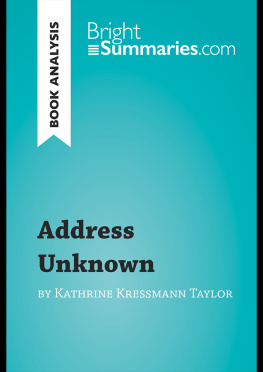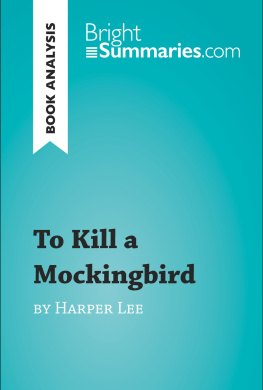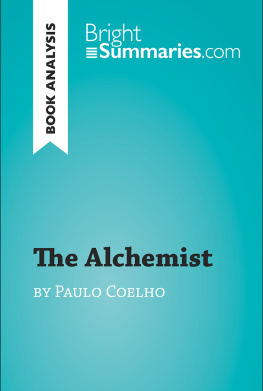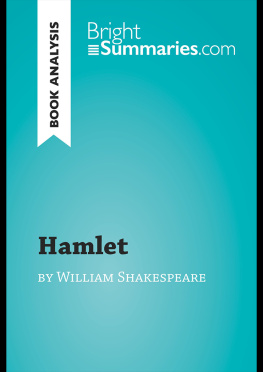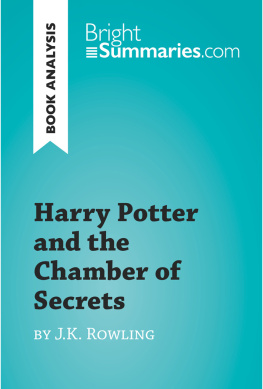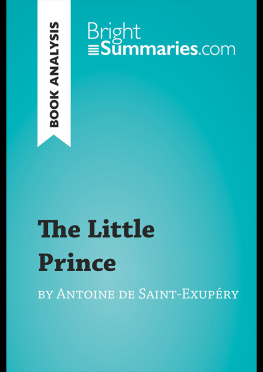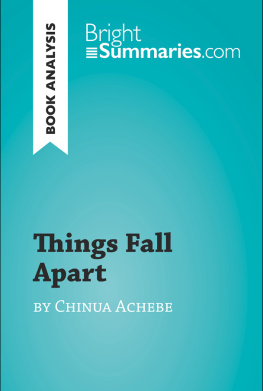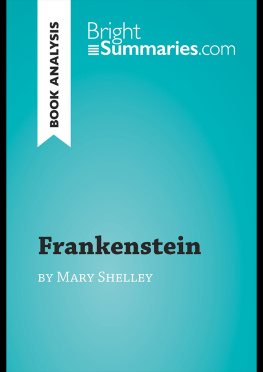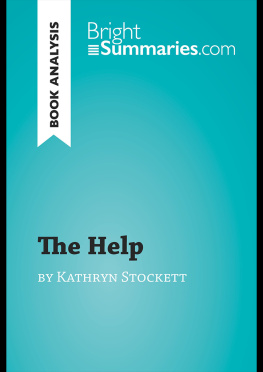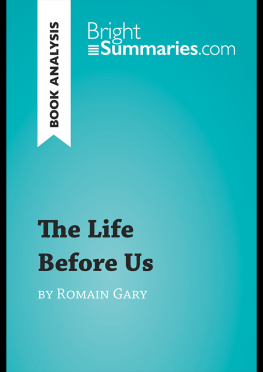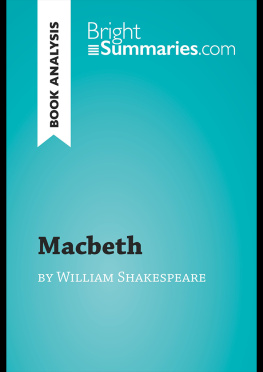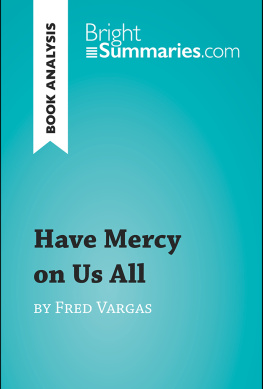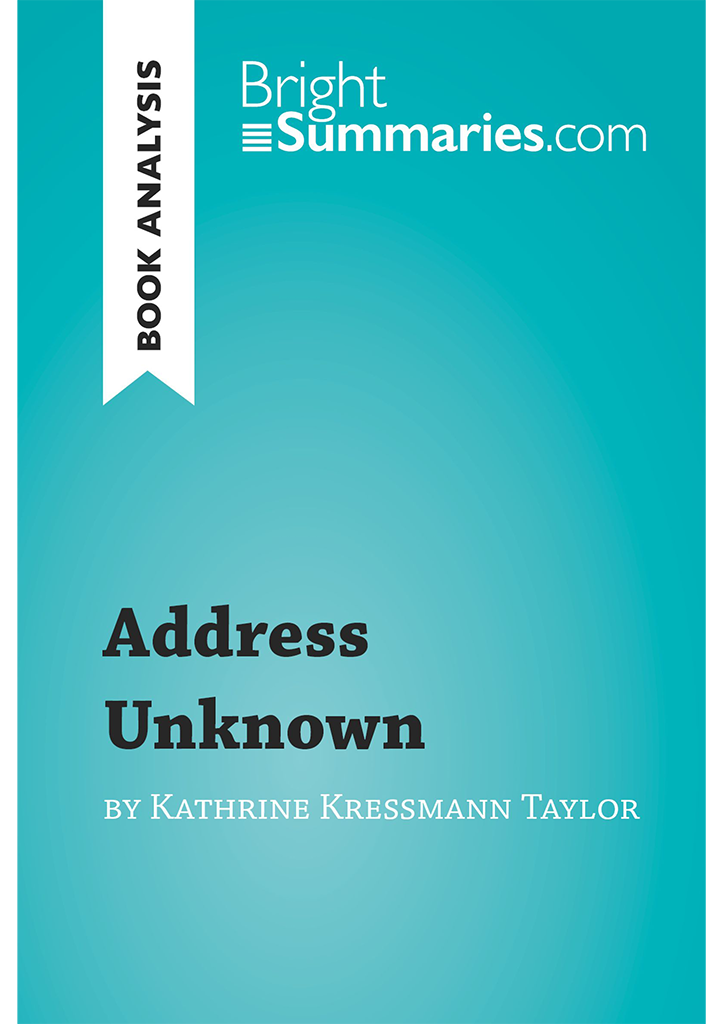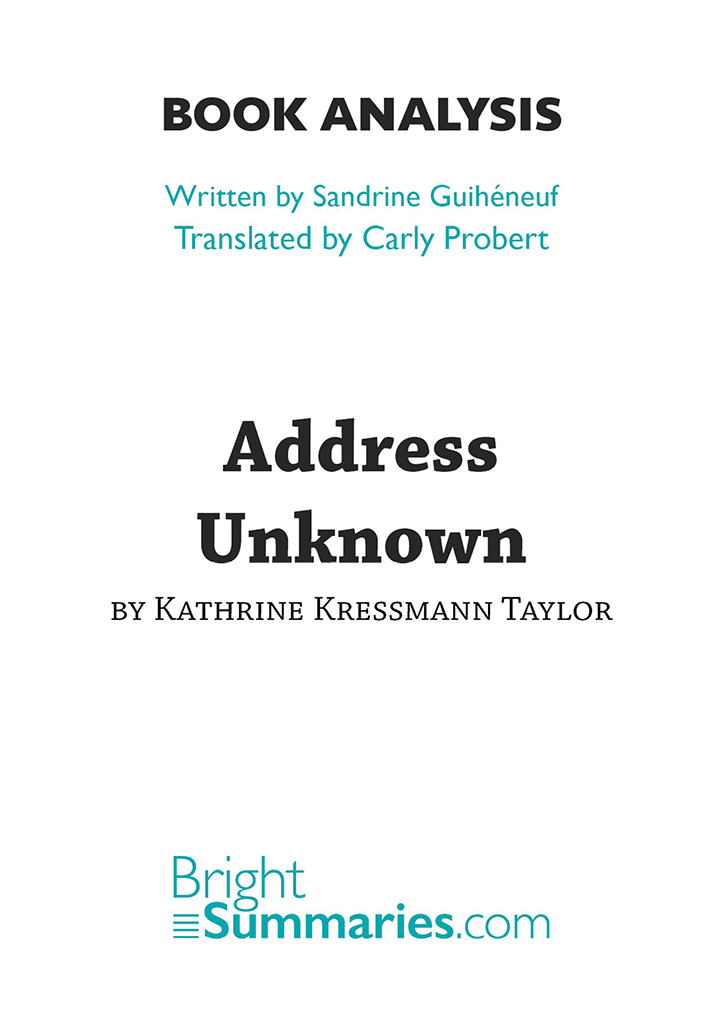Bright Summaries - Address Unknown by Kathrine Kressmann Taylor (Book Analysis): Detailed Summary, Analysis and Reading Guide
Here you can read online Bright Summaries - Address Unknown by Kathrine Kressmann Taylor (Book Analysis): Detailed Summary, Analysis and Reading Guide full text of the book (entire story) in english for free. Download pdf and epub, get meaning, cover and reviews about this ebook. year: 2015, publisher: BrightSummaries.com, genre: Humor. Description of the work, (preface) as well as reviews are available. Best literature library LitArk.com created for fans of good reading and offers a wide selection of genres:
Romance novel
Science fiction
Adventure
Detective
Science
History
Home and family
Prose
Art
Politics
Computer
Non-fiction
Religion
Business
Children
Humor
Choose a favorite category and find really read worthwhile books. Enjoy immersion in the world of imagination, feel the emotions of the characters or learn something new for yourself, make an fascinating discovery.
- Book:Address Unknown by Kathrine Kressmann Taylor (Book Analysis): Detailed Summary, Analysis and Reading Guide
- Author:
- Publisher:BrightSummaries.com
- Genre:
- Year:2015
- Rating:5 / 5
- Favourites:Add to favourites
- Your mark:
Address Unknown by Kathrine Kressmann Taylor (Book Analysis): Detailed Summary, Analysis and Reading Guide: summary, description and annotation
We offer to read an annotation, description, summary or preface (depends on what the author of the book "Address Unknown by Kathrine Kressmann Taylor (Book Analysis): Detailed Summary, Analysis and Reading Guide" wrote himself). If you haven't found the necessary information about the book — write in the comments, we will try to find it.
This engaging summary presents an analysis of Address Unknown by Kathrine Kressmann Taylor, the compelling tale of a friendship that is lost at the hands of Nazi Germany. It is told in the form of letters written between the two characters, Max and Martin, and shows how Nazism undermines and ruins their relationship, leading to a very tragic end. The book was written released during World War II and Hitler confiscated the Dutch translation, as well as banning the book entirely in Germany. Nonetheless, the novel continued to gain recognition following Hitlers defeat, and has since been translated into 20 languages, as well as being adapted for television, stage and cinema.
Find out everything you need to know about Address Unknown in a fraction of the time!
This in-depth and informative reading guide brings you:
- Character studies
- Key themes and symbols
Why choose BrightSummaries.com?
Available in print and digital format, our publications are designed to accompany you in your reading journey. The clear and concise style makes for easy understanding, providing the perfect opportunity to improve your literary knowledge in no time.
See the very best of literature in a whole new light with BrightSummaries.com!
Bright Summaries: author's other books
Who wrote Address Unknown by Kathrine Kressmann Taylor (Book Analysis): Detailed Summary, Analysis and Reading Guide? Find out the surname, the name of the author of the book and a list of all author's works by series.

